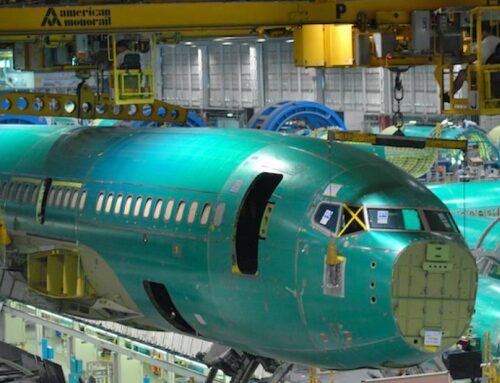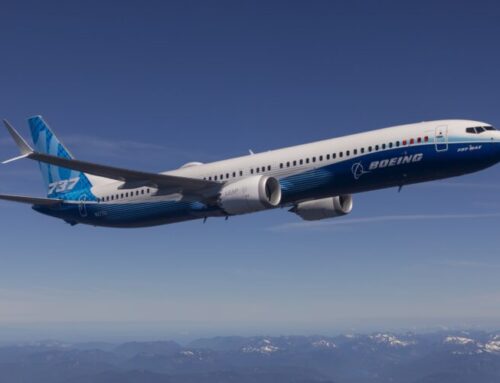
The aviation industry is once again at the forefront of a heated debate over pilot retirement age regulations, a discussion that has traditionally focused on airline operations but is now extending into the business aviation sector for the first time. With the Federal Aviation Administration (FAA) considering raising the standard retirement age from 65 to 67, the industry is divided over safety concerns and the need for more pilots due to increasing demand.
NetJets recently set a precedent in the Part 135 air taxi/air charter world by implementing a mandatory retirement age of 70 for its pilots, following a change in legislation. This move reflects the ongoing tension between maintaining safety standards and addressing the pilot shortage.
The debate centers around the safety implications of aging pilots, with some arguing that cognitive declines associated with aging necessitate age limits, while others point to the lack of concrete data linking pilot age to accidents as a reason to relax current regulations. This longstanding argument involves regulators, operators, pilots, and safety professionals, and it traces back to the first pilot age limit established in 1919.
Historically, mandatory retirement ages have been adjusted in response to evolving industry needs and medical advancements. For instance, the International Civil Aviation Organization (ICAO) raised the standard retirement age to 65 in 2006, acknowledging improvements in healthcare and medical technology. However, calls to further increase or eliminate the age limit continue, with some countries adopting different standards.
In the U.S., recent discussions have focused on raising the Part 121 retirement age to address a perceived pilot shortage, a proposal that has sparked significant opposition from pilot unions and safety advocates. The debate highlights the complex interplay between ensuring flight safety and meeting operational demands in an industry facing rapid change.
As the FAA and Congress navigate these issues, the industry watches closely, aware that decisions made now will shape the future of aviation safety and workforce management. The upcoming ICAO General Assembly in Montreal will be a crucial moment for international consensus on pilot retirement ages, with implications for pilots worldwide.
Sources: AirGuide Business airguide.info, bing.com, ainonline.com







